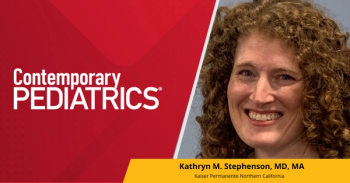
Wide gap between PCP, specialist career pay
Lifetime earnings for primary care physicians (PCPs) fall well below the career incomes of specialists, which makes attracting medical students to primary care a difficult sell, according to a national study. More >>
Lifetime earnings for primary care physicians (PCPs) fall well below the career incomes of specialists, which makes attracting medical students to primary care a difficult sell, according to a national
Researchers from the University of California-Davis Center for Healthcare Policy and Research found that PCPs, including practitioners in geriatrics, family practice, general practice, internal medicine, and pediatrics, earn approximately $3 million during their careers.
In contrast, other medical specialties average $3.7 million in lifetime earnings, with physicians in internal medicine and pediatric subspecialties earning about $4.1 million. Lifetime earnings for surgeons average $4.6 million, and for oncologists up to $7.1 million over a 35-year career. Family practitioners, however, earn about $2.8 million in lifetime wages.
Overall, average lifetime earnings in all other specialties range from $761,402 to $1.58 million higher than primary care.
Data were taken from the
Investigators reason that specialist pay is high because private insurance companies tend to duplicate Medicare pay rates, which are based on recommendations from an American Medical Association committee on physician pay that price specialist procedures higher than primary care office visits. They say that such disparities in lifetime earnings might tend to discourage medical students from considering primary care as a career.
Newsletter
Access practical, evidence-based guidance to support better care for our youngest patients. Join our email list for the latest clinical updates.






